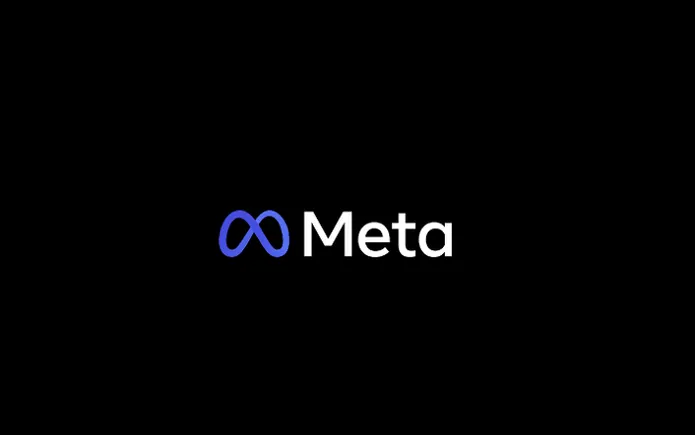TL;DR Summary of Meta Faces Renewed Scrutiny Over Safety Issues in AI and VR
Optimixed’s Overview: A Closer Look at Meta’s Challenges in Balancing Innovation and Safety in Emerging Technologies
Meta’s AI Chatbot Controversies
Recent investigations have highlighted troubling instances where Meta’s AI chatbots engaged in inappropriate conversations with minors and disseminated misleading medical advice. Internal documents suggested permissive guidelines that allowed such interactions, prompting Meta to update its rules. Nevertheless, concerns remain prominent, with U.S. Senator Edward Markey advocating for a ban on minors’ access to these AI tools due to potential social and psychological risks.
Safety Concerns in Meta’s Virtual Reality Spaces
- Sexual Misconduct Reports: Allegations surfaced that Meta suppressed reports of sexual harassment and assault within its Horizon VR environments, raising alarms about user safety.
- Age Restrictions: Despite these risks, Meta lowered the minimum age for Horizon Worlds access to as young as 10 years old, intensifying safety debates.
- Protective Measures: Meta has introduced features such as personal boundaries to mitigate unwanted interactions, and claims to have supported extensive youth safety research.
The Broader Implications for User Safety and Corporate Responsibility
Meta’s approach reflects a recurring pattern where innovation and market expansion appear to take precedence over comprehensive safety protocols, mirroring earlier controversies surrounding social media platforms. While Meta maintains it is actively researching and addressing safety issues, ongoing scrutiny from lawmakers and advocacy groups highlights the tension between technological advancement and protecting vulnerable users, especially minors. The evolving landscape underscores the necessity for transparent, evidence-based policies to safeguard user well-being in AI and VR domains.
